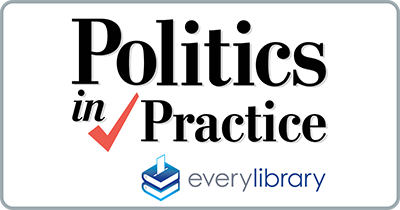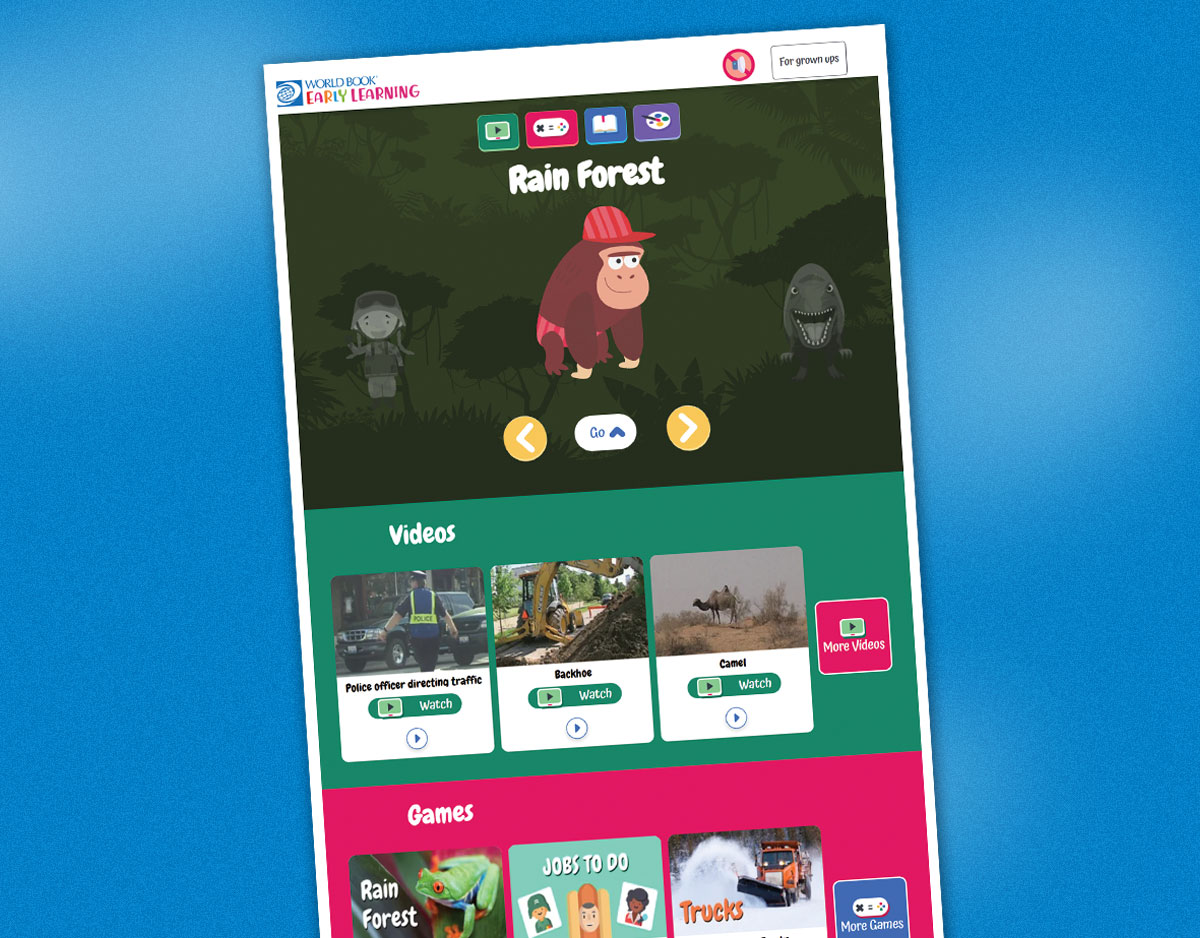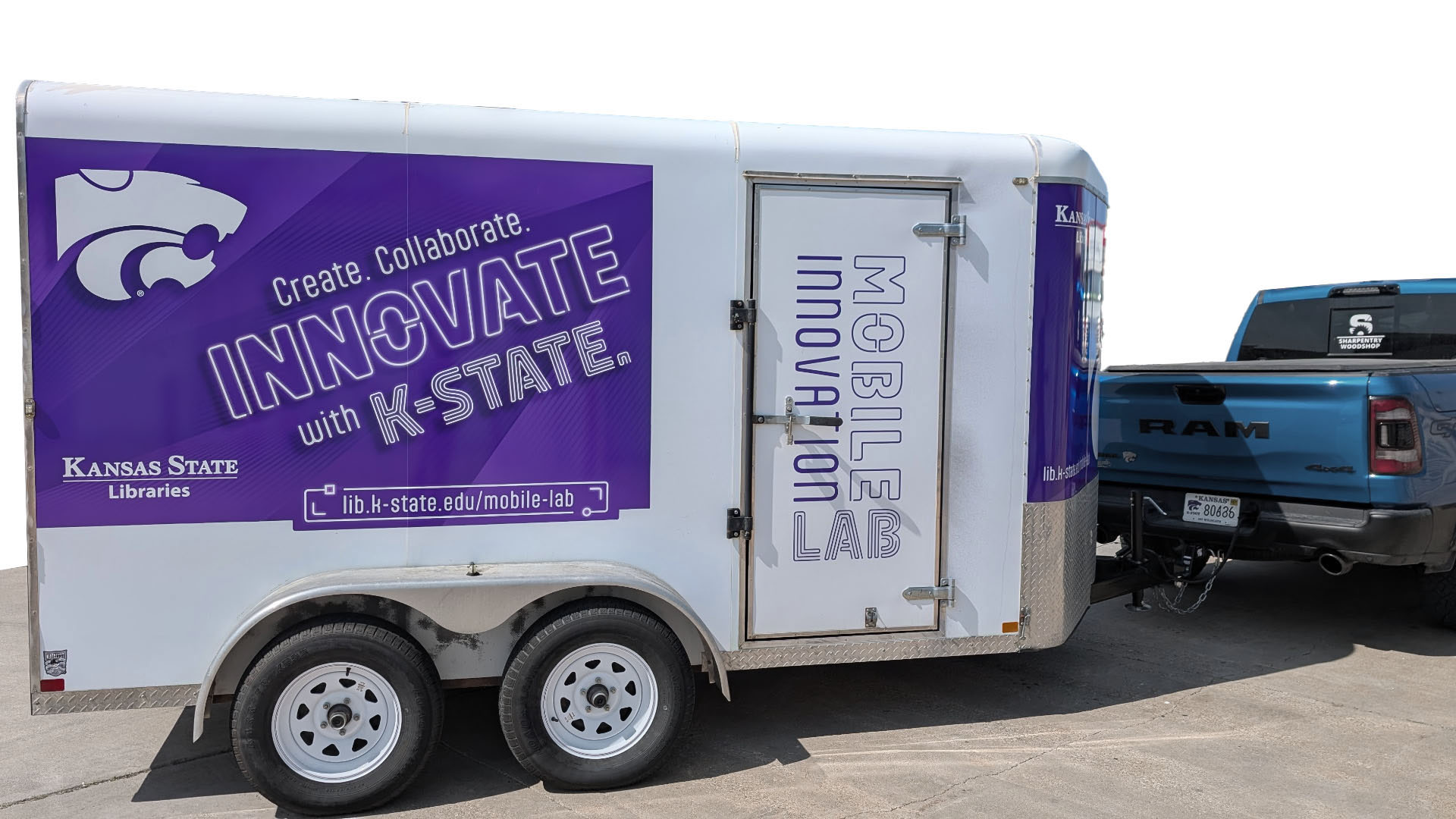Elevating the Visibility of School Library Programs Through Social Proof
In the world of K-12 education, school library leaders are uniquely positioned to foster a culture of reading, learning, and curiosity. However, many school library programs are overlooked or underappreciated. With the busy nature of the school environment and the digital age’s distractions, capturing and sustaining the attention and engagement of students and staff is an ongoing challenge. Leveraging “social proofs” can significantly enhance the impact of school libraries by encouraging participation and support from the school community.
At its core, a “social proof” leverages the human tendency to look to others for cues on how to think, behave, and decide. This tendency is rooted in our social nature, driving us to conform to the actions and approvals of those around us, especially when we’re uncertain or seeking direction.
A “social proof” is a powerful tool for shaping behavior and beliefs. It works as a shortcut to information and helps people make decisions quickly. When we see others endorsing a project or behavior, we are more likely to follow suit. Social proofs also help observers discern right from wrong by providing a reference point for acceptable behavior. The influence of social proof is strongest among peers, as people tend to trust and emulate those within our social groups.
Social proofs are an effective way to influence perceptions and build consensus. They offer validation from various sources. In the context of school libraries, social proof becomes a strategic tool, guiding and reinforcing the value of the library as an indispensable resource for education and personal development.
Social Proof in School Libraries: Building Trust and Engagement
- A Shortcut to Engagement: Social proof acts as an intuitive guide for students and staff, indicating valuable and trusted resources within the school library.
- An Endorsement of Learning: It serves as a powerful endorsement, validating the library’s role as a cornerstone of education and personal growth.
- Moral and Educational Guide: Social proof helps delineate educational norms and expectations, showcasing the library as a hub of right learning practices.
- Peer Influence: The influence of peers is particularly strong in a school setting, making social proof from fellow students highly effective.
The school environment offers unique sources of social proof:
- Educators and School Leaders: Endorsements from teachers and administrators can boost the library’s credibility and integrate its resources into the curriculum.
- Student Ambassadors: Peer recommendations from student leaders or library ambassadors can resonate strongly with other students.
- Parent and Community Volunteers: Approval and involvement from parents and community members can foster a supportive learning environment.
- Clubs and Groups: Participation by various school clubs and groups in library events can create a sense of community and belonging.
- Success Stories: Highlighting achievements and positive outcomes related to the library encourages trust and participation
Implementing strategies to harness social proof can make your school library a beacon of engagement and learning:
- Highlight Educator Recommendations: Collaborate with teachers to create recommended reading lists or project resources that underscore the library’s value.
- Empower Student Voices: Develop a library ambassador program where students share their favorite books, resources, and library experiences with their peers.
- Engage Parents and Community: Host events that invite parent and community participation, showcasing the library’s impact on student growth.
- Celebrate Successes: Share stories of student or class projects that utilized library resources successfully through newsletters, school websites, or bulletin boards.
- Foster a Sense of Community: Organize book clubs, reading challenges, and other group activities that make the library a center of collaborative learning and discovery.
Understanding and harnessing the concept of social proof offers school librarians an innovative avenue to enhance the library’s presence and impact. By engaging key stakeholders—from educators and students to parents and the broader community—in endorsing and participating in library initiatives, librarians can create a vibrant, supportive ecosystem that promotes reading, learning, and discovery.
About John Chrastka
EveryLibrary’s founder is John Chrastka, a long-time library trustee, supporter, and advocate. John is a former partner in AssociaDirect, a Chicago-based consultancy focused on supporting associations in membership recruitment, conference, and governance activities. He is a former president and member of the Board of Trustees for the Berwyn (IL) Public Library (2006 – 2015) and is a former president of the Reaching Across Illinois Libraries System (RAILS) multi-type library system. He is co-author of “Before the Ballot; Building Support for Library Funding.” and “Winning Elections and Influencing Politicians for Library Funding”. Prior to his work at AssociaDirect, he was Director for Membership Development at the American Library Association (ALA) and a co-founder of the Ed Tech startup ClassMap. He was named a 2014 Mover & Shaker by Library Journal and tweets @mrchrastka.
ADVERTISEMENT
ADVERTISEMENT
SLJ Blog Network
Now on The Yarn Podcast: Kelly Yang
A Rare Bird of an Interview: A Talk with Elisha Cooper
Jarrett Dapier on Wake Now in the Fire | Interview
Looking ahead to Newbery 2027
On Writing Annoying Characters, a guest post by Gabbie Benda
Kelly Yang on Storykind
ADVERTISEMENT






